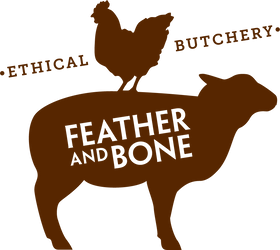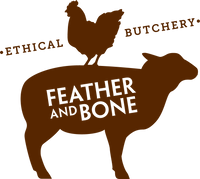Farm report: Working with Nature
Here's a lovely snapshot of Working With Nature last week on a glorious autumnal morning.
We decided that it's high time to check in and see how the farms from which we source are recovering and how the farmers are going. Given that we can't visit the farms right now, we've asked the farmers to give us all a show and tell and this is the first offering.
Our last road trips visiting NSW farms were in August and September 2019 when Eastern Australia was three years into the drought that many called the worst in living memory. Before the terrible fires, before some recent rain trickled into dusty creek beds and before the Pandemic forced us into our bunkers.
So much has happened since September 2019 that it's easy for those of us in the cities to forget that harsh drought and the time it takes for the land to recover. Let alone understand how it must be for farms and farmers withstanding a punishing trifecta of drought, fire and the commercial impacts of COVID-19.
While many farmers we know are rejoicing at the recovery that a little recent rain has triggered in their ecosystems, the drought isn't over by a long shot and the forecast is for more dry weather ahead.
Working With Nature
Fiona and Derek Smith run Working With Nature a regenerative livestock farming and soil consulting business at their lovely farm in Guyra, NSW and we've been buying their pastured eggs since 2014. Mr Bone last visited Working With Nature in August 2019 - the dead of winter in the third consecutive year of drought.
These were very hard times for people making a living from the land and many walked off their farms, unable to see it through. As Mr Bone noted in our blog on his road trip visiting farms across NSW last winter,
'The difference between management systems is more starkly distinct. Pretty much anyone can turn off high quality produce in a good season. Like wine, it’s the so-called 'bad' vintages that really sort out who’s looking after their land and who has pushed past the point of no return...
Happily, the farms we work with are all committed to maintaining their soils even if it means completely de-stocking some of their produce. Having a diversified, multi-species farm allows production even in the toughest of seasons. The land is the biggest asset these farmers own or manage and what lives on it is only the product, albeit the saleable result, of the whole management process.'
This is absolutely the case at Working With Nature where the Smiths run cattle, sheep, egg chickens and teach soil management to others wanting to pursue a more considered, regenerative farming path.




Leave a comment